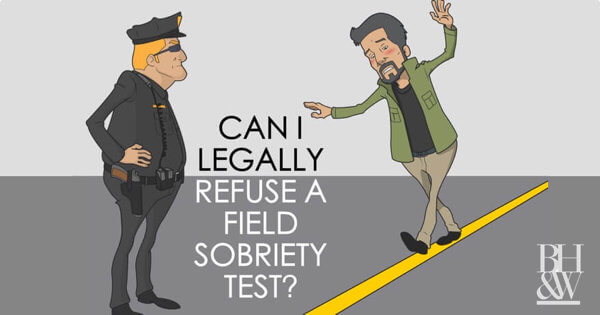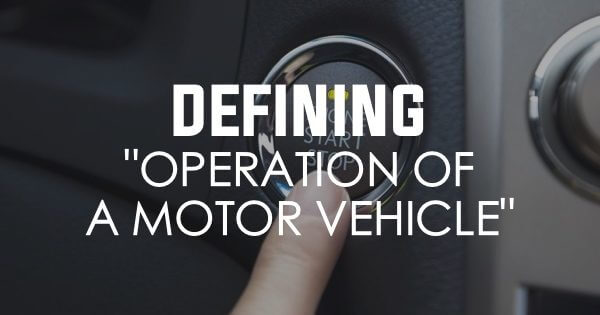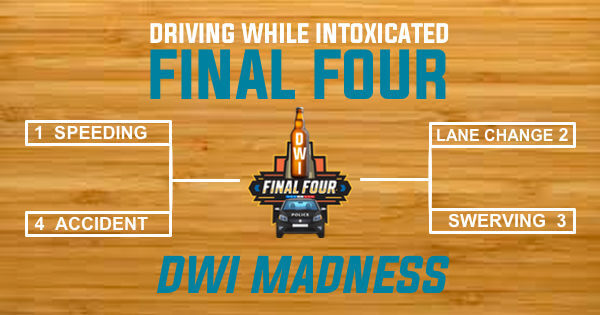U.S. Supreme Court holds: “In drunk-driving investigations, the natural dissipation of alcohol in the bloodstream does not constitute an exigency in every case sufficient to justify a blood test without a warrant.”
 Missouri v. McNeely, No. 11-1425 (U.S. Apr 17, 2013). The Defendant was charged with DWI. He filed a motion to suppress the results of a warrantless blood draw that was taken without a valid search warrant. The trial court granted the motion to suppress. The Missouri Supreme Court affirmed the grant of the motion. The U.S. Supreme Court granted certiorari to resolve a split of authority.
Missouri v. McNeely, No. 11-1425 (U.S. Apr 17, 2013). The Defendant was charged with DWI. He filed a motion to suppress the results of a warrantless blood draw that was taken without a valid search warrant. The trial court granted the motion to suppress. The Missouri Supreme Court affirmed the grant of the motion. The U.S. Supreme Court granted certiorari to resolve a split of authority.
The U.S. Supreme Court affirmed the Missouri Supreme Court. Kennedy concurred. Roberts concurred in part and dissented in part. Thomas dissented. The question was whether the natural metabolization of alcohol in the bloodstream presented a per se exigency that justified an exception to the Fourth Amendment’s warrant requirement for nonconsensual blood testing in all drunk-driving cases. The Court held that it did not. While the natural dissipation of alcohol in the blood may support a finding of exigency in a specific case, it does not do so categorically.
Whether a warrantless blood test of a drunk-driving suspect is reasonable has to be determined on the totality of the circumstances. Any compelled intrusion into the human body implicates significant, constitutionally protected privacy interests. The general importance of the interest in combating drunk driving does not justify departing from the warrant requirement without showing exigent circumstances that make securing a warrant impractical in a particular case. Because the case was argued on the broad proposition that drunk-driving cases present a per se exigency, the Court was not provided with an adequate analytic framework for a detailed discussion of all the relevant factors to determine the reasonableness of acting without a warrant.










